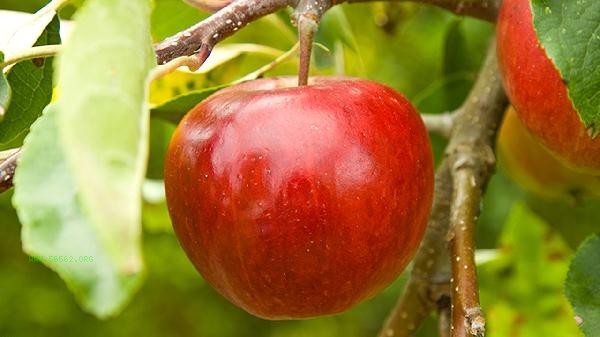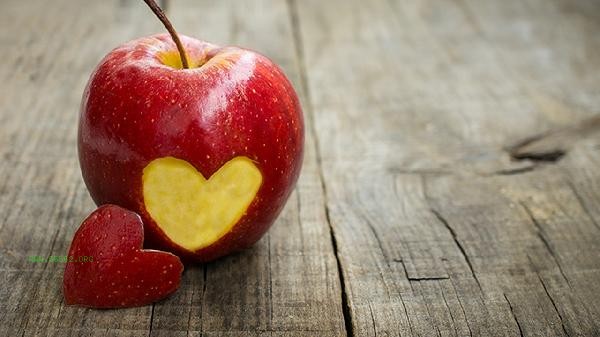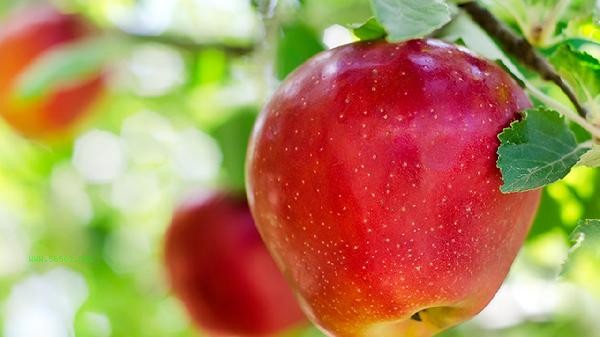The discoloration of apples after peeling is generally edible, and it is mainly caused by oxidation reactions, which do not produce harmful substances. The polyphenols in apple flesh react with oxygen to produce brown substances upon contact with air, which is a normal phenomenon. If the apple changes color and is accompanied by an odor or texture change, it is not recommended to continue consuming it. The discoloration of apples after peeling is a common natural phenomenon, mainly caused by the oxidation of polyphenolic substances catalyzed by polyphenol oxidase in the flesh. This process does not produce toxic ingredients, only affecting the appearance and some taste. The discolored apple still retains most of its nutrients, such as dietary fiber, vitamin C, and potassium. To delay discoloration, peeled apples can be soaked in light salt water or dripped with a small amount of lemon juice. An acidic environment can inhibit enzyme activity. Peeled apples consumed in a short period of time, even if slightly discolored, will not affect safety. If apples are exposed to high temperature and humidity for a long time after peeling, they may spoil due to microbial growth. At this point, the flesh color may deepen to black brown, accompanied by a sticky, sour, or moldy taste. Rotten apples may contain mycotoxins or pathogenic bacteria, which can cause gastrointestinal discomfort after consumption. Especially for people with weak digestive function, such as young children, the elderly, or patients with gastrointestinal diseases, they should avoid consuming apples that have discolored color and abnormal texture. It is recommended to store peeled apples in a sealed refrigerator and consume them within two hours.

When consuming peeled apples in daily life, it is recommended to cut and eat them immediately to reduce oxidation. If you don't want to eat it temporarily, you can wrap it in plastic wrap or soak it in cold water and store it refrigerated. Choose fresh and scratch free apples, which have stronger antioxidant capacity. For healthy individuals, there is no need to worry about occasionally consuming slightly discolored apples, but they should be discarded when there are obvious signs of spoilage. Reasonable handling can maximize the preservation of the nutritional value of apples while avoiding food safety risks.










Comments (0)
Leave a Comment
No comments yet
Be the first to share your thoughts!